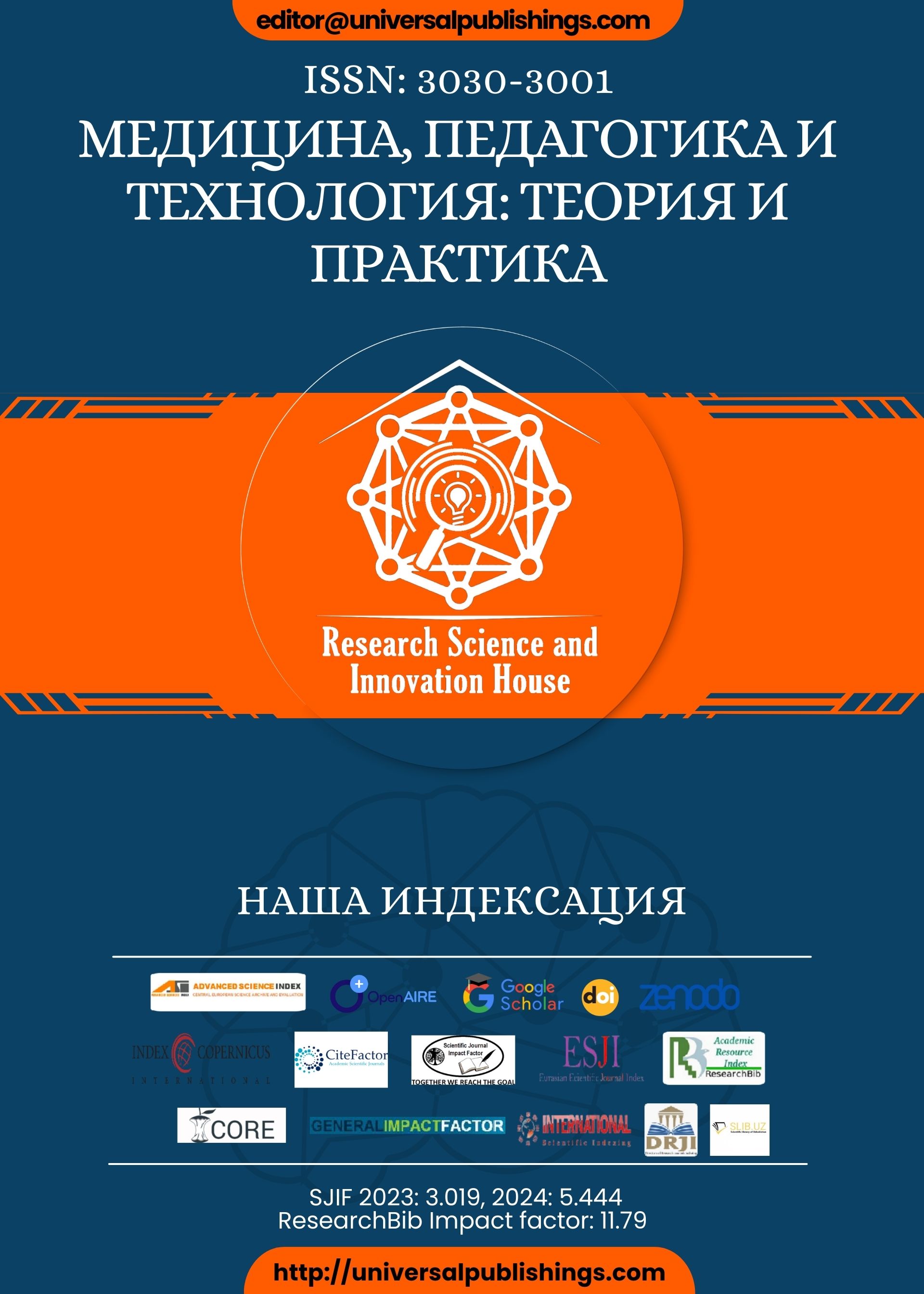Abstract
This article highlights the numerous benefits of being a polyglot such as enhanced communication skills, cognitive abilities, and cultural understanding, to personal growth and enhanced confidence. Although learning languages can be challenging and difficult to manage, it certainly has so many advantages in every sphere of globalized world. This article illustrates those advantages and encourages becoming a Polyglot.
References
Eva Alcón Soler, Pilar Safont Jordà, & Springerlink (Online Service. (2007). Intercultural Language Use and Language Learning. Springer Netherlands.
Guzmán-Vélez, E., & Tranel, D. (2015). Does bilingualism contribute to cognitive reserve? Cognitive and neural perspectives. Neuropsychology, 29(1), 139–150. https://doi.org/10.1037/neu0000105
Language, D. (2024, May 13). The Advantages of Speaking Multiple Languages. Dynamic Language. https://www.dynamiclanguage.com/the-advantages-of-speaking-multiple-languages/
Marian, V., & Shook, A. (2012). The cognitive benefits of being bilingual. Cerebrum: The Dana Forum on Brain Science, 2012(13), 13. https://www.ncbi.nlm.nih.gov/pmc/articles/PMC3583091/
Poarch, G. J., & Bialystok, E. (2015). Bilingualism as a model for multitasking. Developmental Review, 35, 113–124. https://doi.org/10.1016/j.dr.2014.12.003
Shirkhani, S., & Fahim, M. (2011). Enhancing Critical Thinking In Foreign Language Learners. Procedia - Social and Behavioral Sciences, 29, 111–115. https://doi.org/10.1016/j.sbspro.2011.11.214
TalkPal. (2023, April 1). The Benefits of Learning a Language for Personal Growth. Talkpal. https://talkpal.ai/the-benefits-of-learning-a-language-for-personal-growth/
Yang, E. (2017). Bilinguals’ Working Memory (WM) Advantage and Their Dual Language Practices. Brain Sciences, 7(12), 86. https://doi.org/10.3390/brainsci7070086
Yang, B. (2023). Foreign Language Learning Enhances Cognitive flexibility, which Facilitates Reported Perspective-taking: Evidence from PISA 2018. International Journal of Linguistics, Literature and Translation, 6(12), 96–107. https://doi.org/10.32996/ijllt.2023.6.12.13
Хасанова Шахноза Баходировна. (2024). РОЛЬ ИНТЕРНЕТ-СЛЕНГА В СИСТЕМЕ РУССКОГО ЯЗЫКА. TECHNICAL SCIENCE RESEARCH IN UZBEKISTAN, 2(5), 235–243. https://doi.org/10.5281/zenodo.11455009
Хасанова, Ш. (2024). ИСТОРИЯ ИЗУЧЕНИЯ ПАРЕМИИ СОВРЕМЕННОЙ ЛЕКСИКОЛОГИИ. Modern Science and Research, 3(5), 1231–1238. Retrieved from https://inlibrary.uz/index.php/science-research/article/view/33333
Хасанова Шахноза Баходировна. (2024). ФИЛOСOФСКAЯ ПРИРOДA ЛИРИКИ И. AННЕНСКOГO. МЕДИЦИНА, ПЕДАГОГИКА И ТЕХНОЛОГИЯ: ТЕОРИЯ И ПРАКТИКА, 2(5), 258–267. https://doi.org/10.5281/zenodo.11188698
Хасанова Шахноза Баходировна. (2024). ИСПОЛЬЗОВАНИЕ ФРАЗЕОЛОГИЗМОВ ПРИ ОБУЧЕНИИ ПРОИЗНОШЕНИЮ, ГРАММАТИКЕ, ЛЕКСИКЕ И ПЕРЕВОДУ. МЕДИЦИНА, ПЕДАГОГИКА И ТЕХНОЛОГИЯ: ТЕОРИЯ И ПРАКТИКА, 2(4), 431–440. https://doi.org/10.5281/zenodo.10968956
Хасанова, Ш. (2024). PHRASEOLOGICAL UNITS OF THE RUSSIAN LANGUAGE. MODERN SCIENCE АND RESEARCH, 3(4), 128–133. https://doi.org/10.5281/zenodo.10936168
Баходировна , Х. Ш. . (2024). Из Истории Изучения Пословиц И Поговорок. Miasto Przyszłości, 46, 513–520. Retrieved from https://miastoprzyszlosci.com.pl/index.php/mp/article/view/2892
Хасанова, Ш. (2024). https://doi.org/10.5281/zenodo.10651477. MODERN SCIENCE AND RESEARCH, 3(2), 425–435. https://doi.org/10.5281/zenodo.10651477
Xasanova, S. (2024). DIFFERENCE BETWEEN PROVERB AND SAYING. MODERN SCIENCE AND RESEARCH, 3(1), 140–147. https://doi.org/10.5281/zenodo.10467418
Xasanova, S., & murodova, D. (2023). REPRESENTATION OF THE SYSTEMIC RELATIONS OF RUSSIAN VOCABULARY IN PROVERBS AND SAYINGS. Modern Science and Research, 2(10), 276–280. Retrieved from https://inlibrary.uz/index.php/science-research/article/view/24346
Xasanova, S. (2023). USING EXPRESSIVE VOCABULARY IN RUSSIAN PROVERBS. Modern Science and Research, 2(10), 403–408. Retrieved from https://inlibrary.uz/index.php/science-research/article/view/25248
Hasanova, S. (2023). SYSTEM RELATIONS IN THE RUSSIAN LANGUAGE VOCABULARY. Modern Science and Research, 2(9), 72–74. Retrieved from https://inlibrary.uz/index.php/science-research/article/view/23900
Баходировна, Х. Ш. (2023). Гендерная Лексика В Русском Языке. International Journal of Formal Education, 2(11), 324–331. Retrieved from http://journals.academiczone.net/index.php/ijfe/article/view/1505
Хасанова Шахноза Баходировна. (2023). РЕПРЕЗЕНТАЦИЯ СИСТЕМНЫХ ОТНОШЕНИЙ РУССКОЙ ЛЕКСИКИ В ПОСЛОВИЦАХ И ПОГОВОРКАХ. International journal of education, social science & humanities. finland academic research science publishers, 11(4), 1220–1226. https://doi.org/10.5281/zenodo.7847968
Xasanova, S. (2023). STRUCTURAL – SEMANTIC CHARACTERISTICS OF PROVERBS. Modern Science and Research, 2(12), 619–625. Retrieved from https://inlibrary.uz/index.php/science-research/article/view/27109
Nigmatova Gulnoz Khamidovna, & Khasanova Shakhnoza Bakhodirovna. (2022). System Relations in the Vocabulary of the Russian Language. Global Scientific Review, 3, 44–48. Retrieved from https://www.scienticreview.com/index.php/gsr/article/view/22
Shaxnoza Baxadirovna, X. (2023). PROVERBS IN THE LEXICOGRAPHICAL ASPECT. International Journal of Formal Education, 2(12), 429–437. Retrieved from http://journals.academiczone.net/index.php/ijfe/article/view/1771
Xasanova, S. (2024). DIFFERENCE BETWEEN PROVERB AND SAYING. Modern Science and Research, 3(1), 140–147. Retrieved from https://inlibrary.uz/index.php/science-research/article/view/27853
Xasanova, S. (2024). NAMES OF PERSONS IN RUSSIAN, UZBEK PROVERBS AND SAYINGS. Modern Science and Research, 3(2), 425–435. Retrieved from https://inlibrary.uz/index.php/science-research/article/view/29049
Хасанова, Ш. Б. (2023). ИСПОЛЬЗОВАНИЕ ВЫРАЗИТЕЛЬНЫХ ВОЗМОЖНОСТЕЙ ЛЕКСИКИ В РУССКИХ ПОСЛОВИЦАХ. Modern Science and Research, 2(10), 403–408. Retrieved from https://inlibrary.uz/index.php/science-research/article/view/25248

